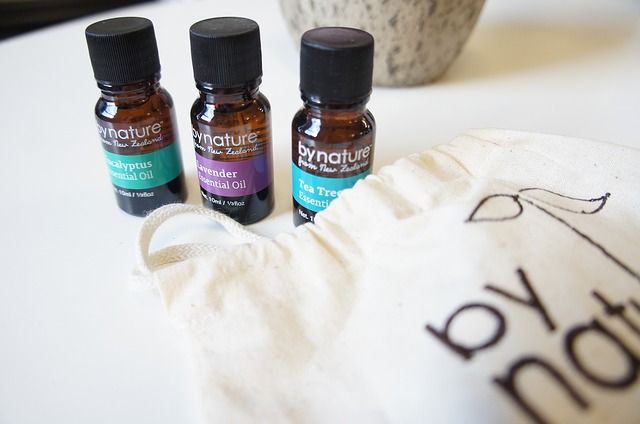
Your social media posts and photos could be turned into advertising for a wide variety of products and services on Google without your permission, thanks to a new policy by the company.
What does this mean? If you told a friend on Google+ what a wonderful dentist Dr. Smith is in a post, it could turn up in a banner ad for Dr. Smith’s practice, under the new program. To make matters worse, Google also claims to have the ability to post photographs and videos placed on social media into advertising. The New York Times reported that both the endorsements and the photos could be sold to advertisers and appear in Google search results.
“This move by Google reflects the growing and unchecked expansion of online data collection by the industry,” Jeff Chester of the Center for Digital Democracy said.
Google’s updated terms of service
Google calls the program “shared endorsements.” The language the search engine uses to describe this massive violation of privacy is absolutely chilling:
“We want to give you – and your friends and connections the most useful information,” Google claims. “Recommendations from people you know can really help.”
“Feedback from people you know can save you time and improve results for you and your friends across all Google services including Search, Maps, Play and in advertising,” the terms of service claim.
Discover The Only Way Back To True Freedom And Liberty In America…
Of course, the real goal here is to sell the comments of average people for advertising purposes. If you post a glowing review of something, it could be used.
“People expect when they give information, it’s for a single use, the obvious one,” Deborah C. Peel, a psychoanalyst and founder of Patient Privacy Rights, told The Times. “That’s why the widening of something you place online makes people unhappy. It feels to them like a breach, a boundary violation.”
How it could come back to hurt you
The damage that this policy could do to average people is immense. Some of the problems that could arise from this horrendous policy include:
- You could be sued if your shared endorsement caused somebody to get hurt or lose money. Perhaps you recommend Dr. Smith the dentist and he turns out to be a quack that injures his patients.
- Persons who are dissatisfied or angry with the products or services you endorsed could track you down and confront you.
- If pictures of you or your children are inadvertently posted online they could be seen by pedophiles and others. Obviously you don’t want that.
Privacy advocates say there are multiple problems.
“Google recognizes that its economic future depends on its ability to link an exposure to an ad or a sponsored product and the direct impact it has in terms of an actual purchase. It is creating a frictionless system where promotion, sales and payment are all tied together,” said Chester of the Center for Digital Democracy. “The FTC needs to closely examine this new change in Google policy and ensure that it does not violate its 20-year agreement to place the privacy of its users first. This move, however, reflects the growing and unchecked expansion of online data collection by the industry.”
How to Protect Yourself
The new policy impacts Google+ and will begin Nov. 11. The good news here is that you can protect yourself fairly easily. The bad news: You must opt out. In other words, the default is that everyone is an advertiser.
Google currently claims that those under 18 will not be allowed to participate in shared endorsements.










